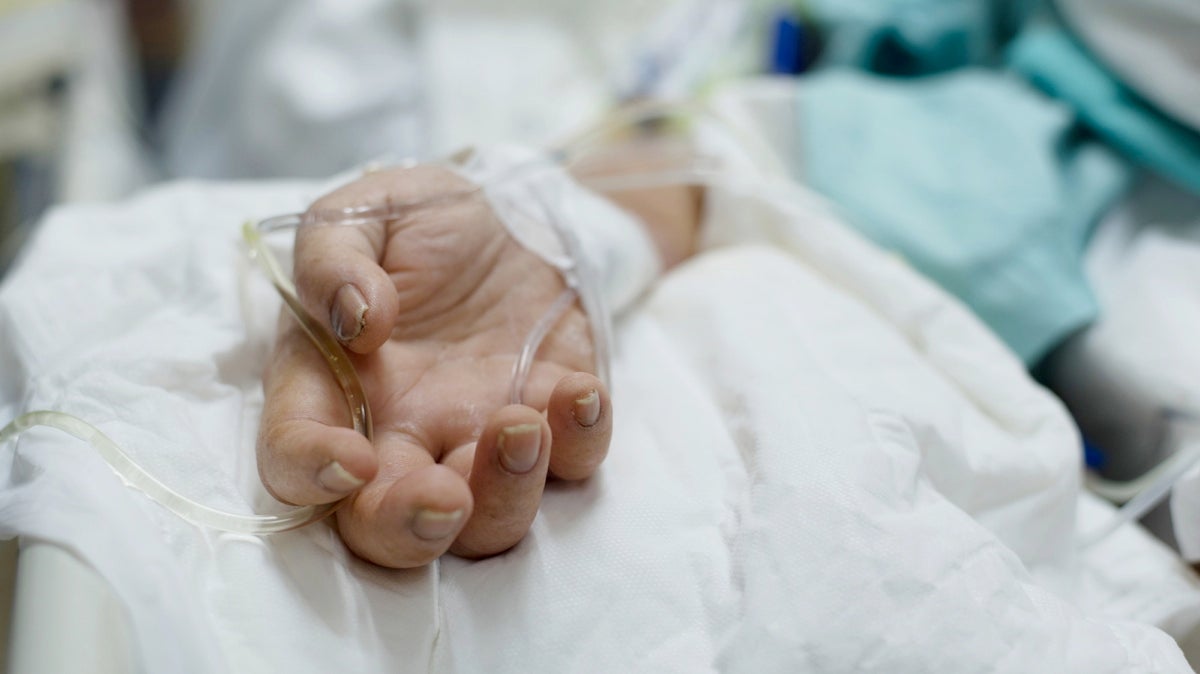Most adults have not completed a living will, Penn study finds

(Bigstock)
About one third of adults in the U.S. have filled out some kind of advanced directive, according to new research out of The University of Pennsylvania. Health leaders, meanwhile, say that’s a low percentage that can adversely affect people’s quality of life in their final days and months.
An advanced directive is basically a legal document outlining a person’s care preferences at the end of life. That can involve a living will or an appointed decision maker, like a loved one, in the event that you become incapacitated and are unable to make decisions.
Having these forms is important because people’s preferences in the midst of a serious, terminal illness are really personal, said Dr. Katherine Courtright. Past studies have shown without a plan, many wind up in situations they didn’t want.
“Advanced care planning and documenting your care preferences makes you much more likely to receive the care that you desire near the end of your life, receive less aggressive and less in-patient ICU care in the end of life,” said Dr. Courtright, a critical care doctor at the University of Pennsylvania who led the new study. “Families report better end of life care from their perspective.”
In reviewing past research involving nearly 800,000 people between 2011 and 2016, Courtright found that only about one third had completed a planning document like an advanced director or living will. This was regardless of whether a person was healthy or had a chronic illness.
The numbers are low, but not surprising to Linda Schwimmer, president of the New Jersey’s Health Care Quality Institute.
“It’s something that people don’t like to think about and no one is prompting them to think about it,” Schwimmer said.
Schwimmer hopes that’s starting to change, as awareness grows and as public and private insurers begin to reimburse doctors for bringing up these issues with patients.
Still, feeding tubes, ventilators and other potential end of life decisions are just really hard to talk about, especially when you’re not in that situation. Schwimmer has observed the implications in her own state. Her group has been surveying residents and found that most would prefer to die at home, for example, and not in the ICU, that they’d want less intensive care and more comfort care. Yet Schwimmer said New Jersey ranks at the top compared to the rest of the country when it comes to how much intensive care people get in the last six months of life.
Courtright’s said the goal isn’t necessarily to get everyone to complete some sort of living will. She acknowledges the current documents and systems for end-of-life planning have limitations.
“How can you possibly account for all the things that could happen to you at the end of your life?” she said. “I think we agree we can do better. It’s not a one size fits all approach. Advanced care planning as I understand it today is it’s really an ongoing framework of discussions.”
Two years ago, Schwimmer’s group launched a campaign in Camden, Bergen and Mercer counties to do just that: to kickstart these difficult conversations through public events at libraries, hospitals and community centers. They’re now expanding that initiative to two other counties this year.
“Giving someone a packet and calling it day is not going to be a successful strategy. Usually it takes a personal experience, where you saw a loved one go through this and you don’t want your loved ones to have to go through the agony of not knowing what your wishes are. Or you see it happen with a friend,” she said. “So that’s why we’re trying to make this happen at the community level.”
WHYY is your source for fact-based, in-depth journalism and information. As a nonprofit organization, we rely on financial support from readers like you. Please give today.

